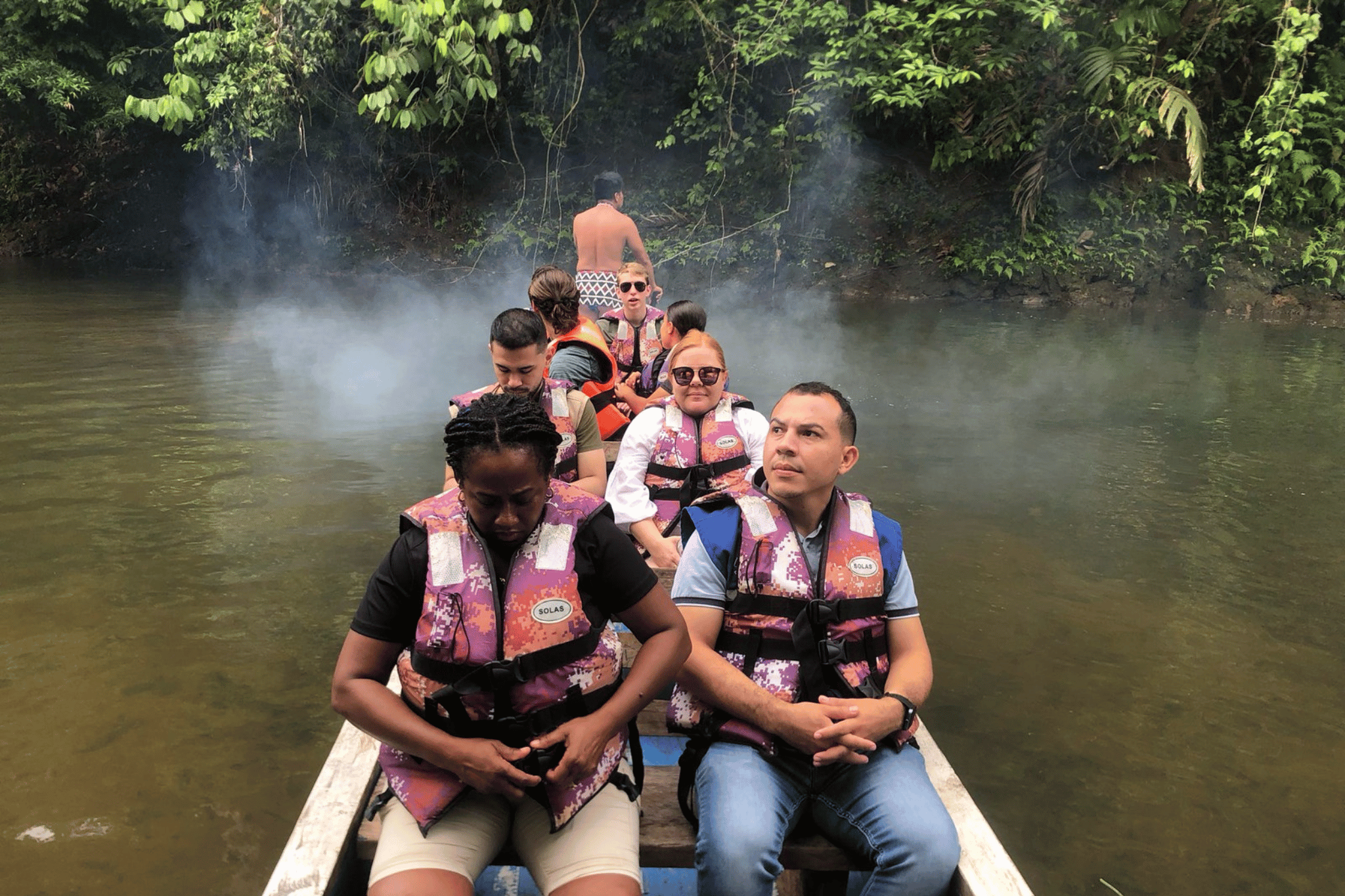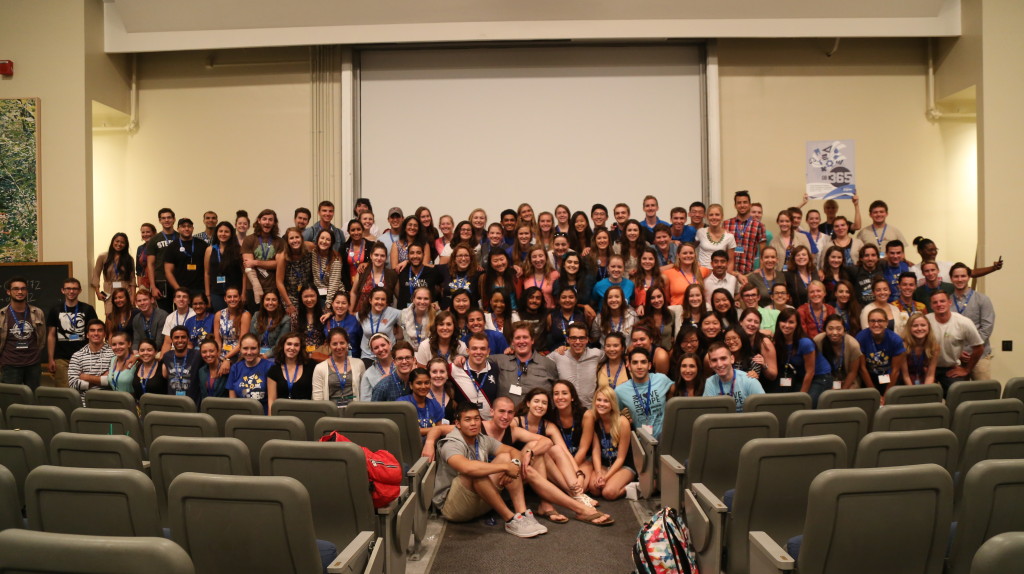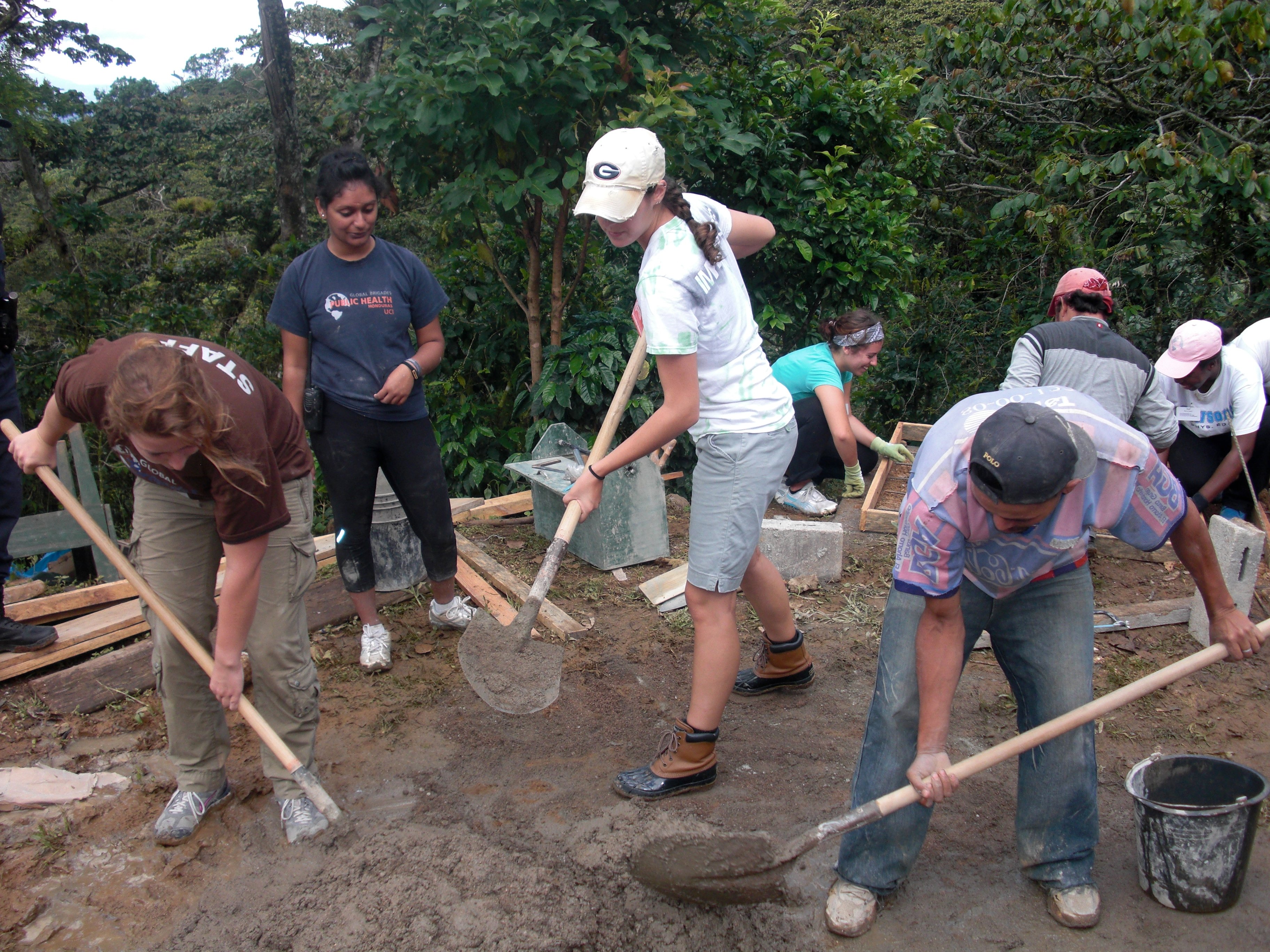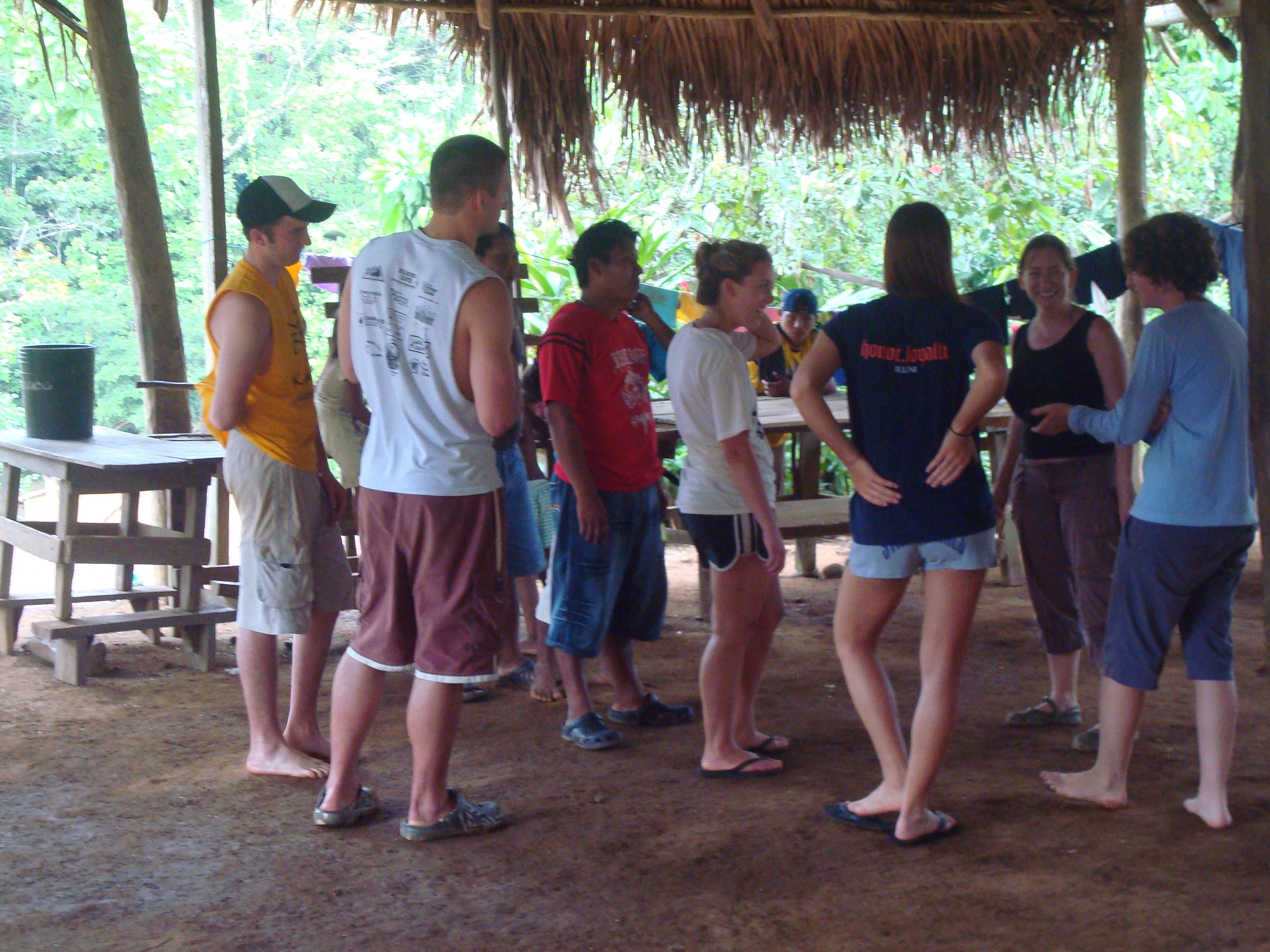Climate change refers to long-term shifts in temperature and weather, primarily due to human activities like burning fossil fuels. Sustainable development is about meeting the basic needs of the vast majority of the world’s population without further compromising the ability of future generations to meet theirs.
The two are deeply connected, and addressing one with the other is important to meeting the needs of communities and the planet.
The Connection
Climate change and sustainable development have a mutual impact on the environment and, as a result, the health of economies and societies.
Climate change threatens our natural resources, economic stability, and health. Global warming, the rise in average global temperatures due to an increase in greenhouse gas emissions, is a key driver of climate change.
Effects include rising sea levels, more extreme weather events, and intensified impacts on vulnerable communities, especially in countries across Africa and Asia. Climate change is particularly threatening the livelihoods of farmers throughout the world and their ability to feed themselves.
Note: In 2023, the World Meteorological Organization (WMO) reported that the global mean temperature was about 1.45 degrees Celsius above the 1850-1900 average.
Sustainable development aims to address the challenges of climate change by promoting practices that reduce carbon emissions, protect habitats and biodiversity, and boost energy efficiency.
What are the challenges of sustainable development in the context of climate change? Challenges to effective, sustainable development practices include cost, policy gaps that interfere with coordinated action, and balancing the need for urgent action with long-term change.
Improving livelihoods and increasing income in developing countries is complex enough; building solutions that are also environmentally conscience adds an increased but necessary level of difficulty. It requires extra intentionality and choice in the types of projects the development agency invests in, for instance, investing in a sustainable forestry company rather than a monoculture initiative.
It is also important to get people open to and on board with lifestyle changes on a smaller scale. However, social inequalities and technological barriers can prevent people from adopting sustainable practices.
Even something as “simple” as changing farmers’ habits to organic fertilizer is complex and can be so costly that they lose their profit margin altogether. That’s why the business side of an intervention needs to always be considered, as well as the environmental impact.
At Global Medical Brigades, everything we do is connected to sustainability in our partner communities. As the largest student-led movement for global health, we know what it takes to develop empowering systems for long-term change.
Aligning with the United Nations’ SDGs
On a global scale, sustainability efforts are part of the United Nations' blueprint for ensuring future generations inherit a stable Earth.
In 2015, UN Member States adopted 17 Sustainable Development Goals (SDGs) as part of their 2030 Agenda for Sustainable Development. Global efforts to tackle these goals have led to the Paris Agreement on Climate Change and the United Nations Framework Convention on Climate Change (UNFCCC).
What sustainable development goals (SDGs) are related to climate change? Sustainable Development Goal 13 specifically targets climate action to combat change and its impacts. There are 5 key targets within that goal:
- Strengthen communities’ resilience to climate change-related natural disasters and extreme weather.
- Consider climate change impacts in all new policy decisions.
- Boost education and awareness about the effects of climate change and what we can do about it.
- Implement the UN’s commitment to joint funding goals, including the Green Climate Fund, by countries who signed on to mobilize against climate change.
- Support those who need it in climate change-related capacity-building, planning, and development to empower those communities.
Goal 13 doesn’t just work in a vacuum, though. Sustainability and climate change are deeply intertwined. High-level mitigation actions to combat global climate change are essential to the well-being and livelihoods of people worldwide.
For example, Goals 1 and 2 address the impacts of agricultural practices on the environment and food security. Goal 3 targets the health of communities, which is often exacerbated by the impacts of climate change, like droughts, air pollution, and a high disaster risk. Goal 6 targets sustainable water management practices and clean water. Goals 7 and 11 promote clean energy and sustainable infrastructure, including urban planning. Goal 12 targets consumer waste. Goals 14 and 15 protect the biodiversity of our land and marine ecosystems.
Sustainable practices combat climate change on a deeper level but also help communities work toward gender equality, food security, and safer infrastructure. It’s all connected.
How Sustainable Development Helps Us Fight Climate Change
Understanding the basics of sustainable development can encourage practices that help fight climate change. Those synergies help build resilient communities, promote green technologies, and ensure a more stable, healthier future for everyone.
What are the main research fields at the intersection of climate change and sustainable development goals? Research covering climate change from a sustainable development perspective includes ideas like renewable energy, climate resilience, sustainable agriculture, and low-carbon technologies.
Green technology innovations and efforts from policymakers to address the socio-economic impacts of climate change are also focus areas.
We can combat climate change while supporting sustainable development in the following ways:
- Transition to renewable energy from fossil fuels to reduce global greenhouse gas emissions.
- Embrace energy-efficient technologies to lower our overall energy consumption.
- Protect and restore forests to absorb more carbon dioxide from the atmosphere and preserve land biodiversity.
- Provide more support for sustainable agriculture practices.
- Raise awareness of climate change mitigation innovations we can do on a large and smaller scale.
That last piece is crucial. One individual or even one organization can’t address every aspect of climate change. It’s a global challenge.
Together, we can take steps to target emissions reductions and embrace adaptation measures that will leave things better for the next generation.
How Global Brigades Is Creating Change
Sustainability and environmental stewardship are important parts of our mission at Global Brigades. Through initiatives like our Carbon Offsetting Program and Water, Sanitation, and Hygiene (WASH) programming, we work to provide long-term solutions to complex problems.
Sustainable development is about taking a big-picture approach. Both programs focus on addressing the root causes of climate change through community partnerships.
The Carbon Offsetting Program
Global Brigades’s Carbon Offsetting Program has three big goals:
- Offset Carbon Emissions: The end goal is carbon neutrality, but we’re starting with offsetting our carbon emissions from volunteer travel.
- Economic Growth Opportunities: We’re partnering with local farmers on strategic planting initiatives to boost local economics and support reforestation efforts.
- Water Resources: Reforestation of watersheds means improved water quality and quantity in communities that need it.
WASH Programming
WASH is essential to community-wide health, as it makes sure everyone has access to clean water and sanitation. Proper WASH practices also protect water resources and improve communities’ resilience to climate change.
Our WASH programs consist of 2 major components: infrastructure projects and community education. The goals are installing systems that provide communities with clean drinking water and educating partner communities about healthy practices.
Taking a Holistic View
At Global Medical Brigades, we work within a holistic model that aims to empower our partner communities. This is important not only to the success of our initiatives but also to the long-term sustainability of our efforts.
Sustainable volunteer opportunities are at the heart of our mission.
If you’re a pre-med student interested in sustainable change in global healthcare, consider joining a Medical Brigade. Our projects are rooted in empowering our partner communities for the long term.







